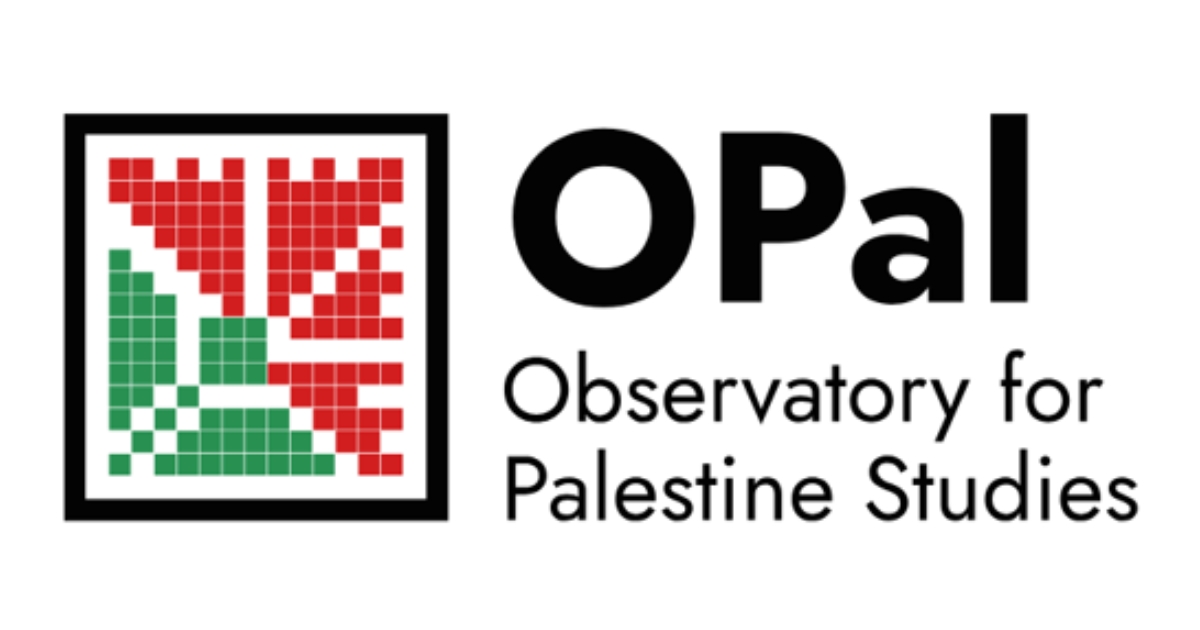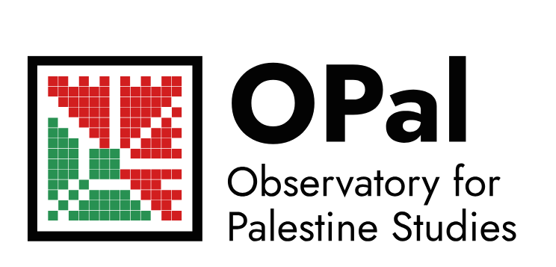
Statement from the Observatory for Palestine Studies – October 7
On 7 October, we mark two years since the beginning of the ongoing genocide against the Palestinian people in the Gaza Strip. During this time, at least 65,000 Palestinians have been killed. Despite mounting international concern, the violence continues not only in Gaza but also in the occupied West Bank, where collective punishments, movement restrictions, and settler violence have intensified.
In September 2025, the UN Independent International Commission of Inquiry on the Occupied Palestinian Territory confirmed that Israel has committed genocide against Palestinians in Gaza and urged “Israel and all States to fulfil their legal obligations under international law to end the genocide and punish those responsible” (A/HRC/60/CRP.3, 16 September 2025). The International Court of Justice has similarly found Israel’s acts to be plausibly genocidal in South Africa v. Israel. The UN Special Rapporteur on the situation of human rights in the Palestinian Territories occupied since 1967, Francesca Albanese, has detailed “the anatomy of a genocide” (2024) and the “economy of genocide” (2025). In September 2025, the International Association of Genocide Scholars (IAGS) adopted a resolution affirming that Israel’s policies and actions in Gaza fulfil the definition of genocide set out in the 1948 Genocide Convention.
This genocidal violence extends to the systematic destruction of education and knowledge production. The assault on Palestinian academic institutions has been described as a scholasticide. The annihilation of educational spaces and intellectual life, which amounts to epistemic violence and an attempt to erase culture, knowledge, and autonomy. Universities worldwide, including our own, cannot be silent in the face of this.
Academic institutions are often entangled, through partnerships, research agendas, or financial investments, with structures of militarisation and colonial violence. Recognising these structural complicities is essential to rethinking academia’s role in relation to global injustices.
To mark this day, we will support and participate in the vigil organised by Estudantes pela Palestina on Tuesday 7 October at 14:30 in the Iscte courtyard, beneath the olive trees. This vigil is a space of reflection and commemoration, but also of collective responsibility. We warmly invite everyone to join, reinforcing the political and ethical urgency of global mobilisation against genocide, that has spread across the world.
About OPal:
The Centre for International Studies (CEI) and Centre for Research in Anthropology (CRIA) at Iscte – University Institute of Lisbon launched the Observatory for Palestine Studies (Observatório de Estudos da Palestina – OPal) in June.
OPal is the first academic initiative of its kind in the European Union dedicated to the interdisciplinary field of Palestine Studies and marks a significant academic milestone in the critical and urgent study of Palestine’s history, society, and politics. At a time when the genocide against the Palestinian people has reached unprecedented developments, OPal asserts the importance of academic rigour together with ethical responsibility. OPal invite researchers, students, and institutions to connect with the Observatory in this shared effort toward knowledge, justice, and accountability.
To learn more about OPal’s work or contact: palestinestudies@iscte-iul.pt


